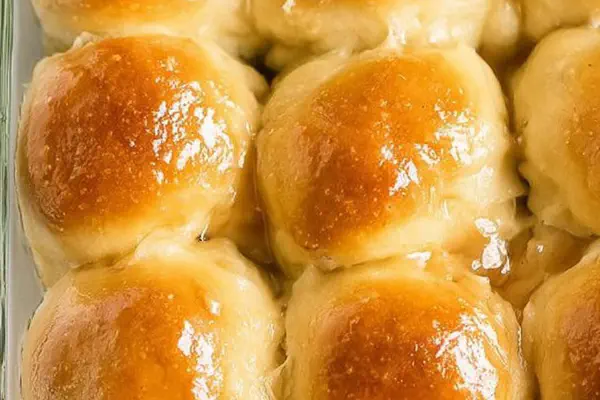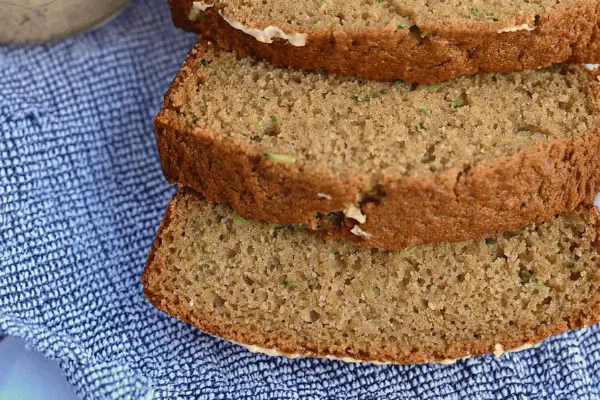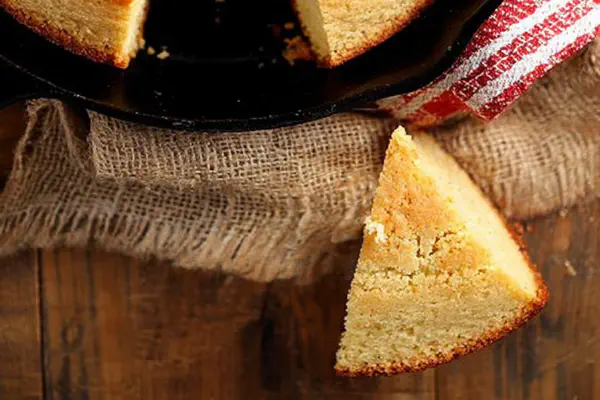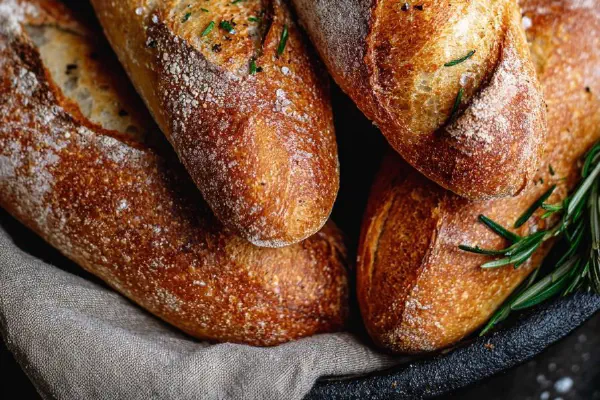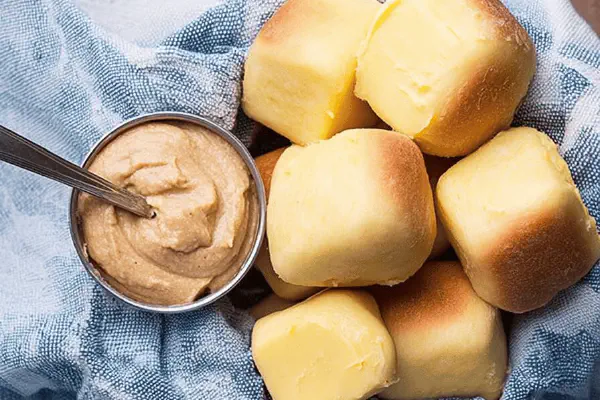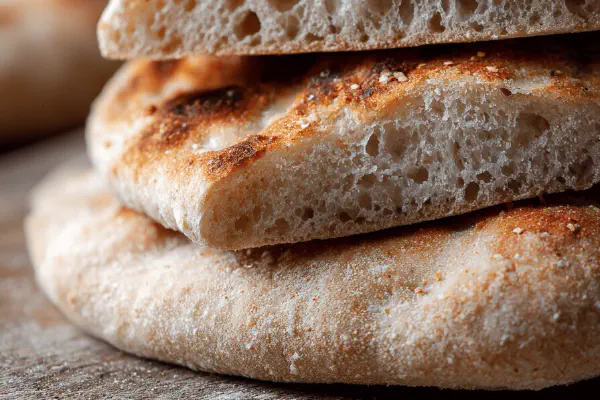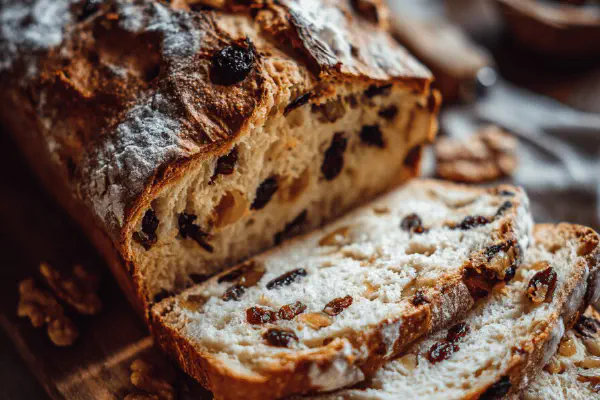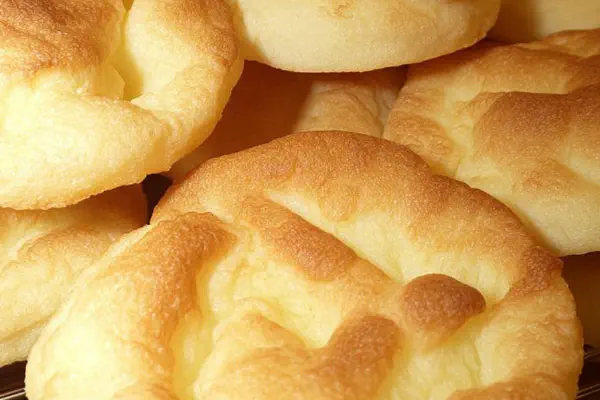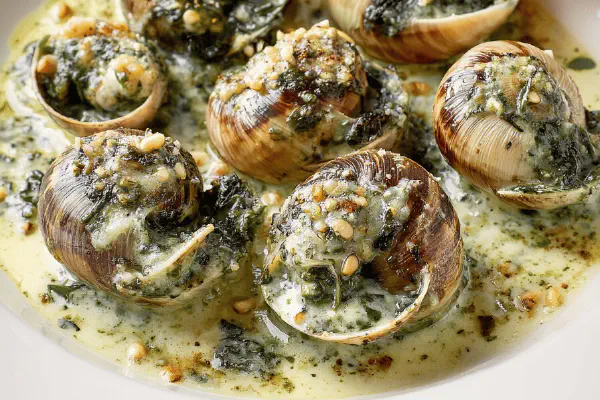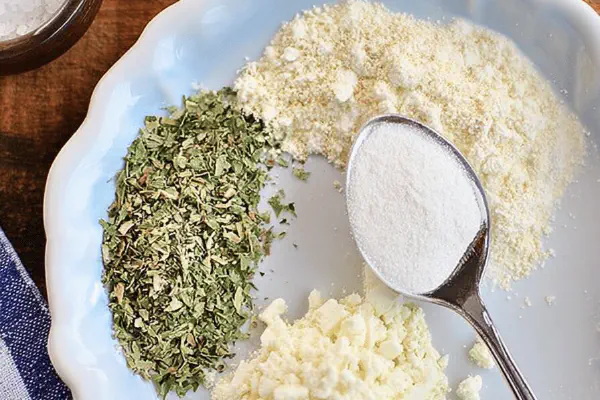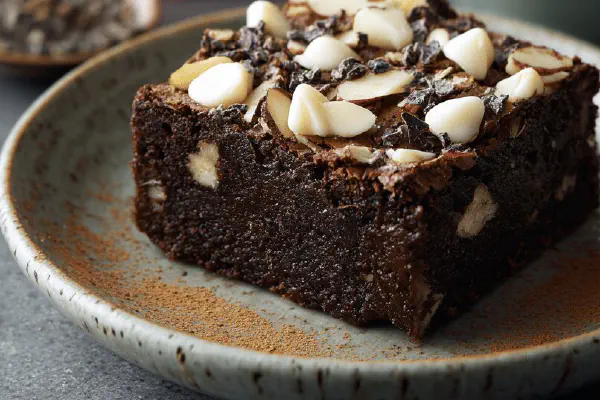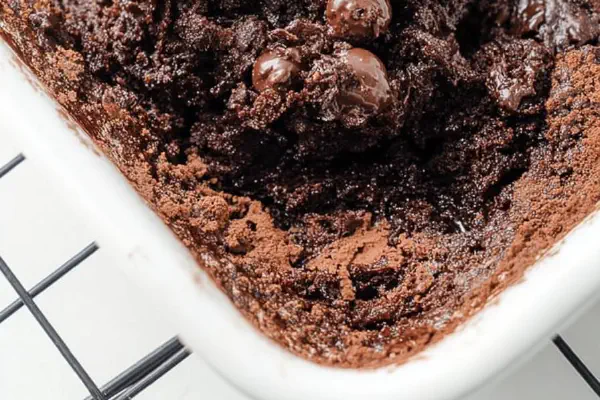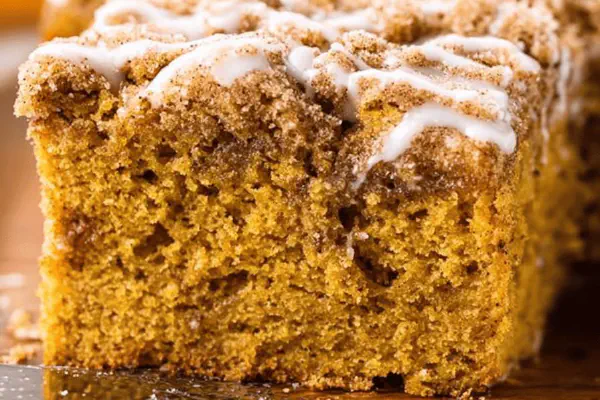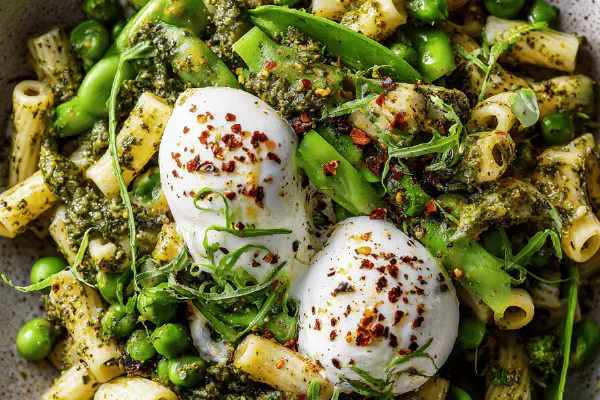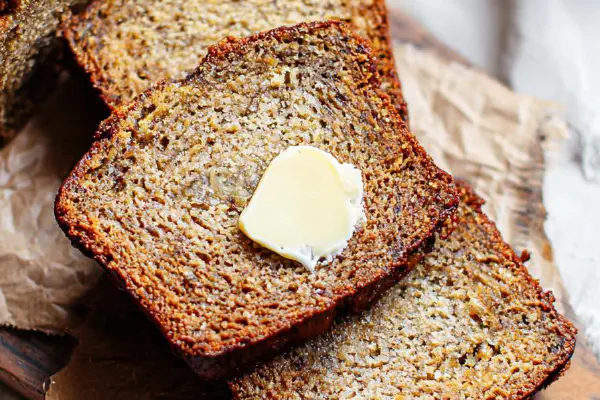
Featured Recipe
Basic Vegan Pizza Dough
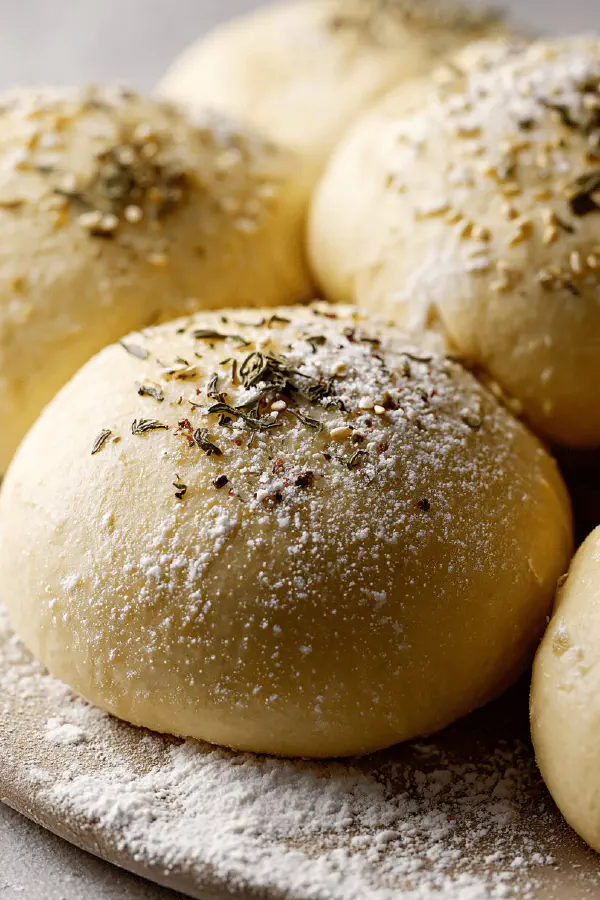
By Kate
"
A simple unbleached all-purpose flour dough, lightly sweetened, yeast-raised for airy texture. Uses water and basic pantry staples, no dairy, eggs, nuts. Yeast and salt balanced for rising and taste, straightforward kneading and proofing. Four dough balls make medium pizzas around 31 cm (12¼ inches). Refrigeration option extends fermentation and flavor. Soft, easy to handle, suitable for hand-stretching or rolling.
"
Prep:
20 min
Cook:
15 min
Total:
135 min
Serves:
4 servings
vegan
pizza
baking
Italian
Introduction
Flour, water — yeast wakes. Sugar wakes yeast, salt holds shape. Oil keeps dough pliable, oregano adds hint, subtle herb note. Mixing rough, sticky ball then knead like muscle memory. Dough soft, slightly tacky. Rising — patience or chill slow. Time changes texture, flavor shifts, more depth. Divide for 4 pizzas, size just over 30 cm, easy stretch. Ready when soft, springy, bubbles peek. Refrigerate for days if needed, holds well, tastes better. No dairy, no eggs, straightforward vegan base. Basic essentials, tweak herbs, spices if you want, but this’s foundation. Work fast, work slow. Enjoy bare, tomato sauce, fresh veggies or whatever’s on hand. Pizza dough ready for adventure.
Ingredients
In The Same Category · Homemade Breads
Explore all →About the ingredients
Flour choice affects final texture — unbleached all-purpose is balanced for chewiness and rise. Sugar wakes yeast fast but keep minimal; too much speeds but can weaken gluten. Salt necessary for balance, slows yeast but improves flavor. Added dried oregano gives subtle lift to aroma, not overpowering. Olive oil softens dough, improves extensibility, great for easy shaping and crumb texture. Water temperature around 30-35 °C promotes quick yeast activation without killing. Adjust water slightly if dough too dry or wet. Refrigeration delays fermentation, allowing flavor to develop complex, better shelf life. If refrigerated, bring dough back to room temperature before shaping to relax gluten.
Method
Technique Tips
Mix dry first. Then liquids. Combine until mass forms, no dry flour pockets. Knead till dough bounces back on finger poke — elasticity key. Don’t over-knead or dough stiffens. Oil bowl to prevent sticking without adding extra flour during proofing. Cover tightly, avoid drafts during rise. Warm place best, humidity helps or cover with wet cloth. Long cold rest optional, flavor builds slowly, dough easier to stretch. Divide evenly, shape smooth balls, let rest uncovered or slightly covered for skin to form, easier to handle while rolling or stretching. Avoid too much flour to dust dough, causes toughness. Use quickly after final rise or refrigerate briefly — dough stiffens in fridge, rest before using. Stretch gently to keep air bubbles, no punching down harshly. Follow timings flexibly; dough ready when doubled and springy.
Chef's Notes
- 💡 Use unbleached all-purpose flour. Critical for right chewiness. This affects rise too. Avoid bleached – changes texture. Flour quality matters more than you think.
- 💡 Knead till soft and elastic. Test by poking. If it bounces back, good. Too much pressure? Dough toughens. Short bursts of kneading can help.
- 💡 Don't skip the rise time. Essential for flavor development. Warm or humid spot best. If too cool, yeast slows. A damp towel helps too.
- 💡 Temperature of water. Aim for 30 to 35 degrees Celsius. Too hot? Yeast dies. Too cold? Activation slows. Adjust slightly as needed.
- 💡 Refrigerate for slower fermentation. Flavor deepens. If busy, great option. Use within 12 hours. Punching down can flatten bubbles, avoid harsh handling.
Kitchen Wisdom
How to know when the dough is ready?
Look for doubling in size. Soft, springy feel. Poke test is good. No dry flour left.
What if dough is too sticky?
Add tiny amounts of flour. Just enough to handle. Too much makes tough dough. Stretch carefully.
Can I freeze the dough?
Yes, wrap well. Keep in airtight bag. Use within three months for best results. Thaw overnight in fridge.
How to store leftover dough?
Refrigerate it in oil-coated container. Keeps for two days max. Check texture before use, must be soft.
